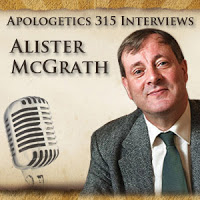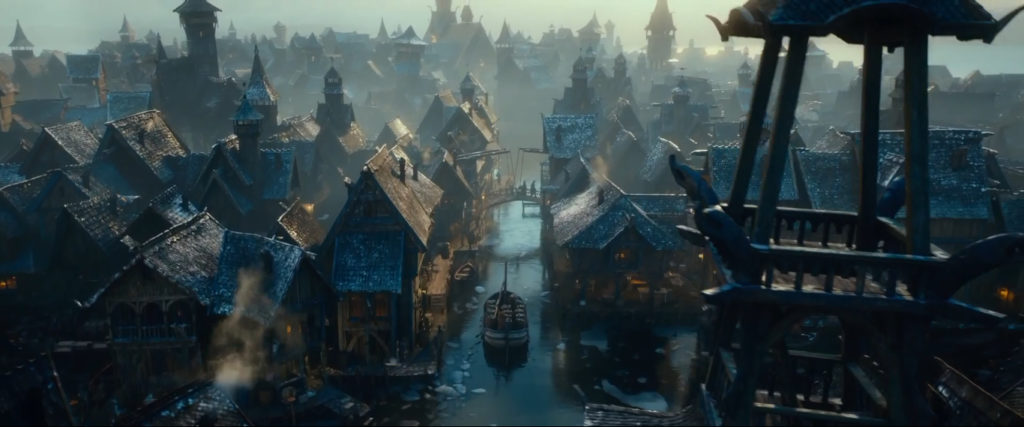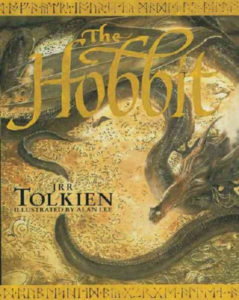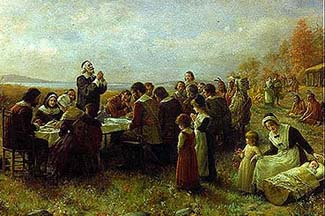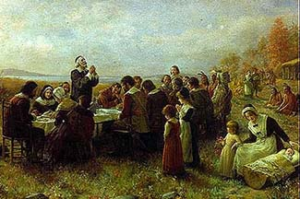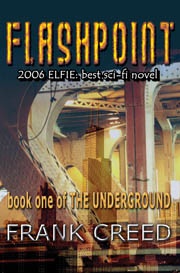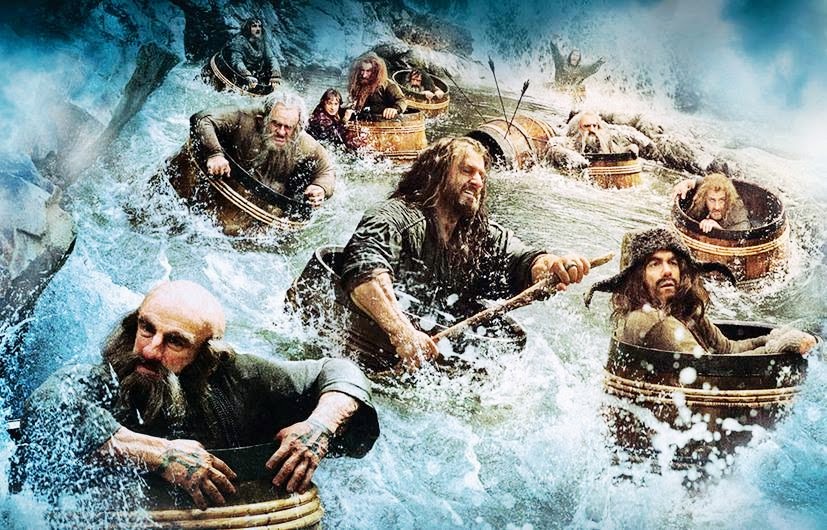‘Tis The Season (But Not Quite Yet)
Don’t say Merry Christmas to me.
I’m a bit of a crumudgeon when it comes to the annual celebration of Christ’s Birthday (Observed). When I’m out shopping before Thanksgiving, I get angry if I see any sort of Christmas swag out in the stores. I have an extensive collection of Christmas albums in my iTunes library, but I make sure they won’t randomly pop into my listening queue until after December 1st.
And, if we want to get strictly technical, it’s not Christmastime right now. It won’t be for another 21 days.
No, my friends. For many Christians, the 23-28 days leading up to Christmas is the season of Advent. In the four Sundays before Christmas, we deck out our worship spaces with blue or purple. We prominently display an Advent wreath. We bust out hymns and songs that we only sing during this time and no other (such as this old standard, which often sneaks onto Christmas CDs). And in that time, we remember the tension that we live in. We are people who live between Christ’s two arrivals. During the season of Advent, we do prepare to celebrate His birth as the Bethlehem baby. But we are also preparing ourselves for His second coming. We remind ourselves that a time is coming when He will return and that we live in hope of that day when He will make all things new.
Actually, this hymn sums up the tension perfectly:
The King shall come when morning dawns and light triumphant breaks,
When beauty gilds the eastern hills and life to joy awakes.Not as of old a little child, to bear and fight and die,
But crowned with glory like the sun that lights the morning sky.Oh, brighter than the rising morn when Christ, victorious, rose
And left the lonesome place of death despite the rage of foes.Oh, brighter than that glorious morn shall down upon our race
The day when Christ in splendor comes and we shall see His face.The King shall come when morning dawns and light and beauty brings.
Hail, Christ the Lord! Your people pray: Come quickly, King of kings!
- “The King Shall Come when Morning Dawns,” Hymn #348 in the Lutheran Service Book (to avoid any Driscoll-esque problems)
Christian speculative fiction sometimes deals with eschatology. We get wrapped up in the who and where and why and when (even though we’re not supposed to). But as fun as that might be (or not, depending on your eschatological bent), let us remember to prepare our hearts for His return and join in the Church’s ancient prayer: “Even so, Lord Jesus, come quickly.”




































